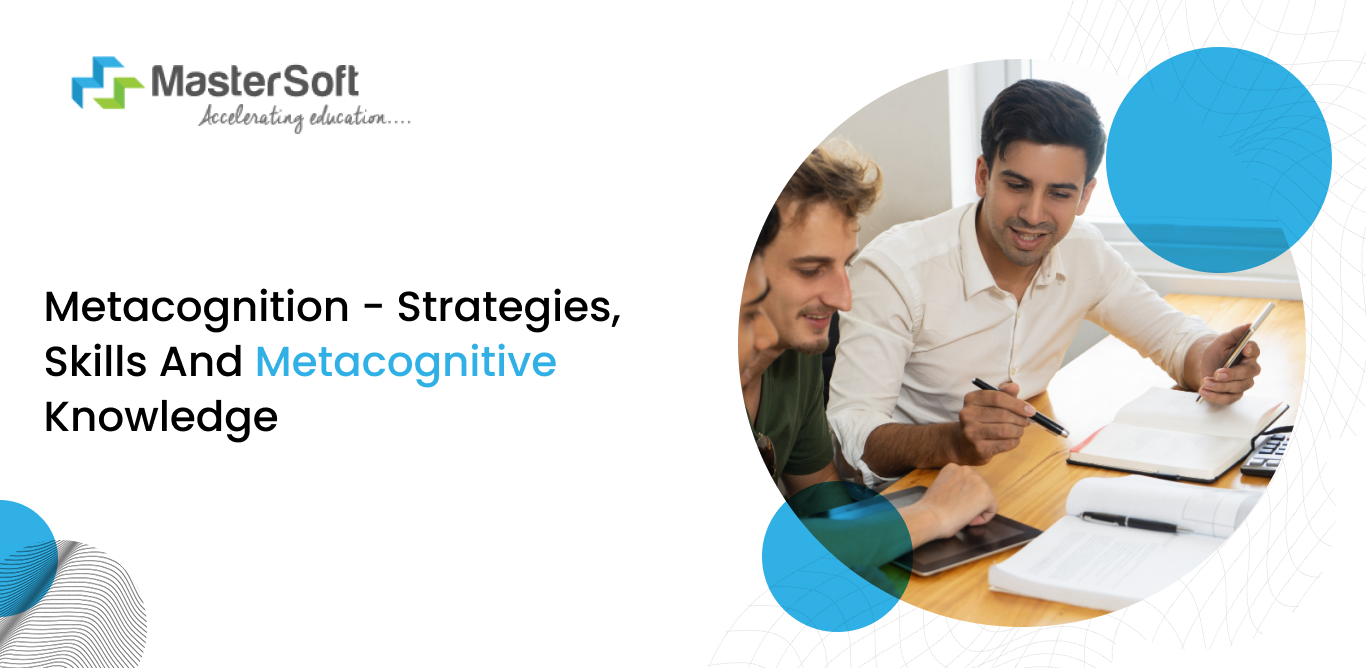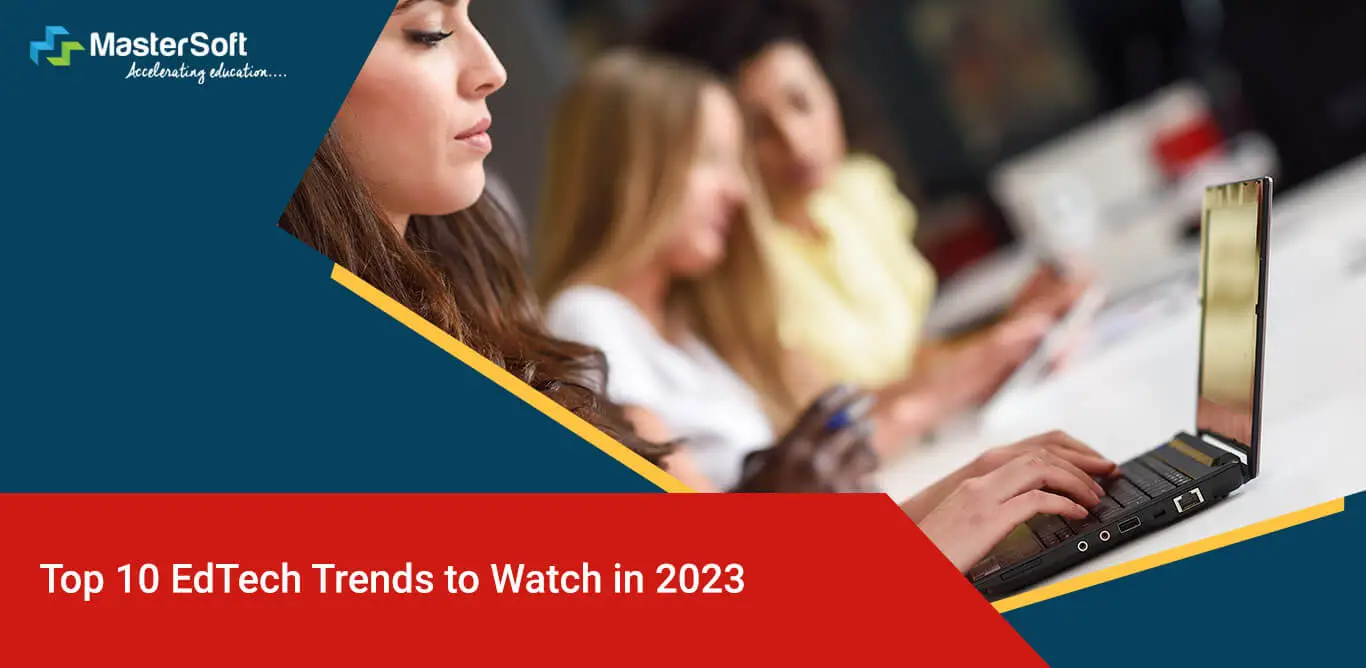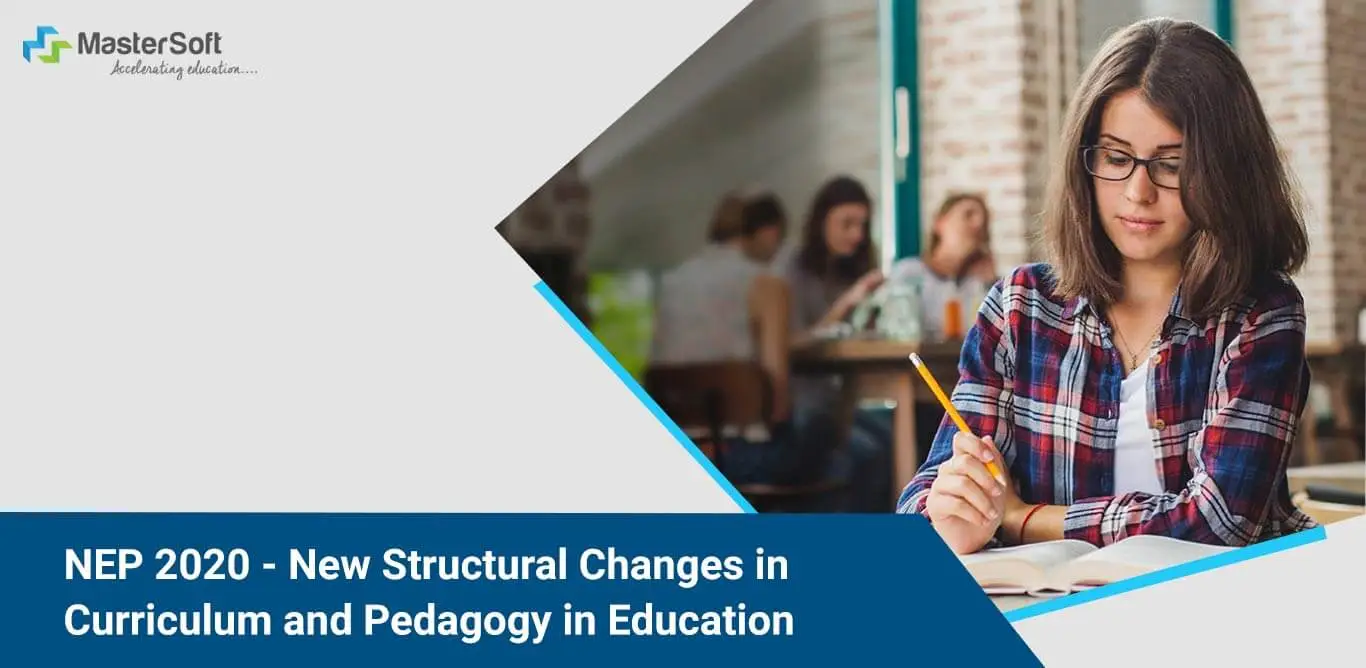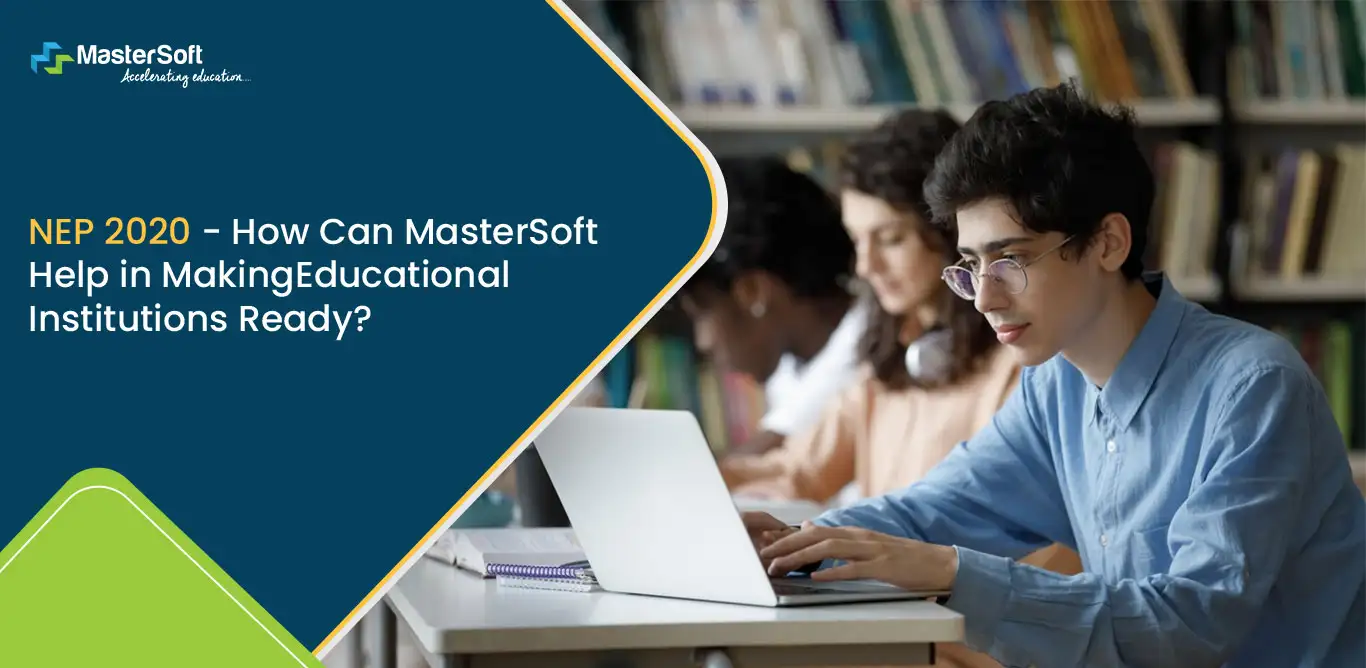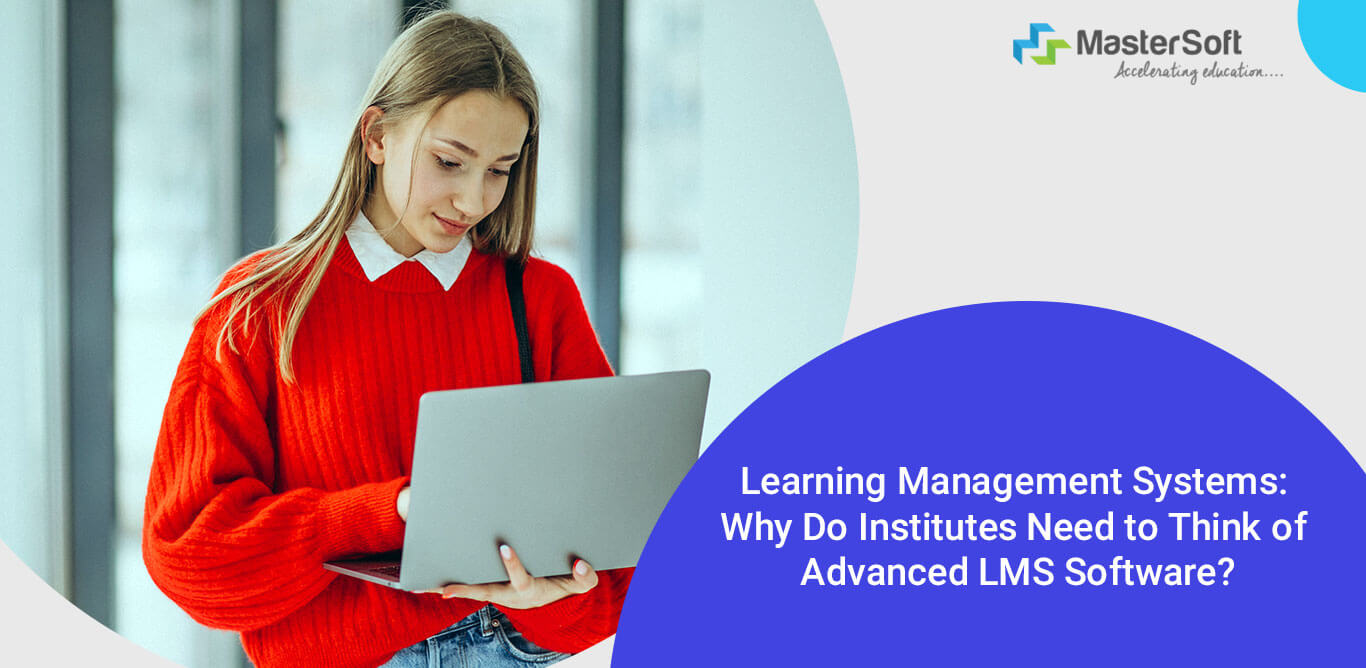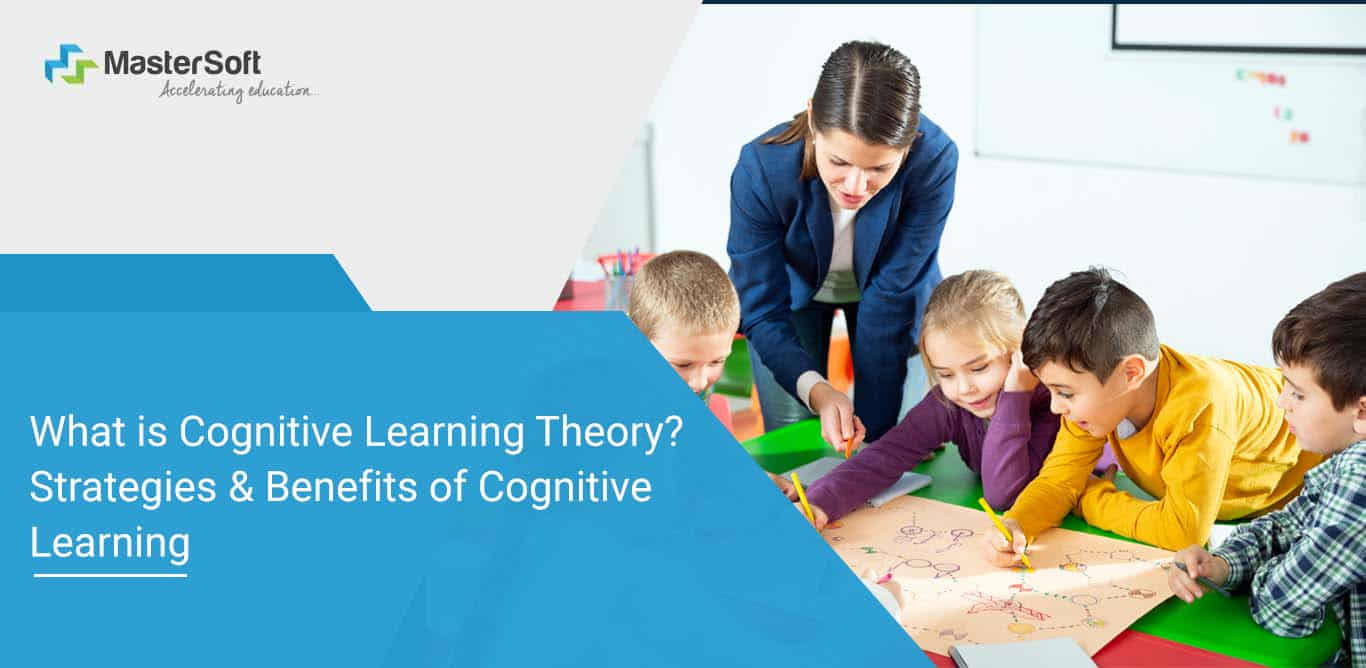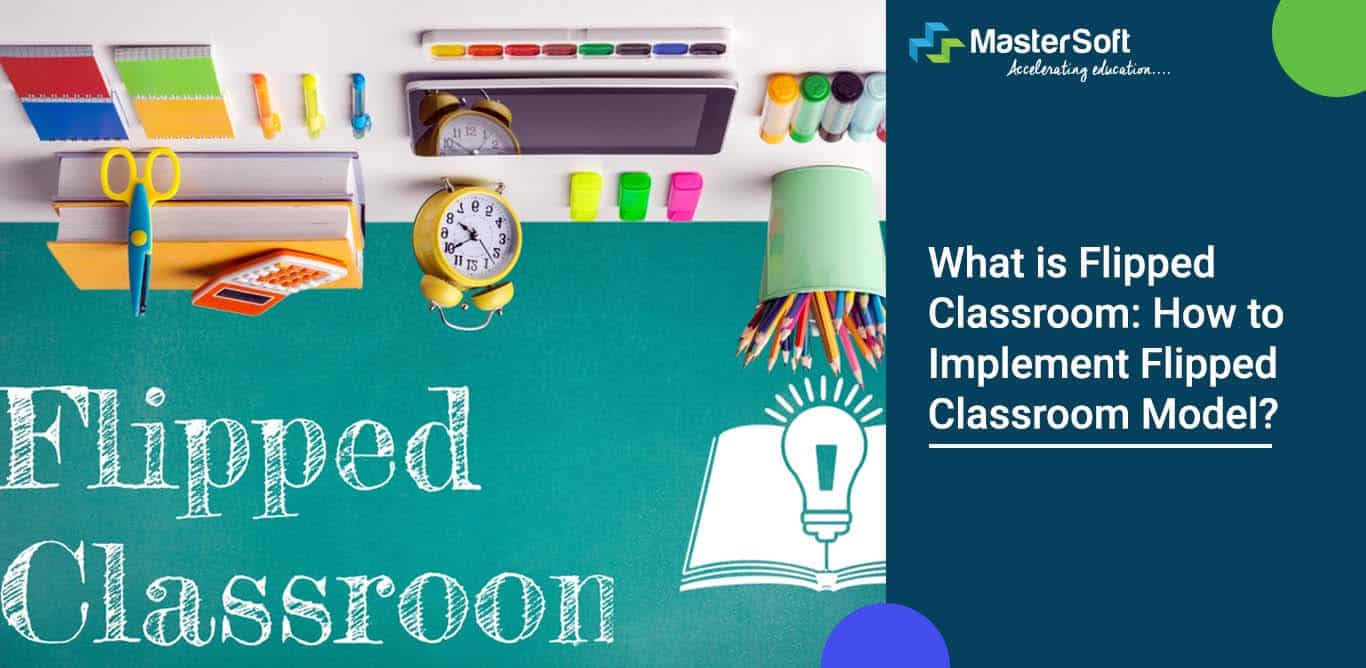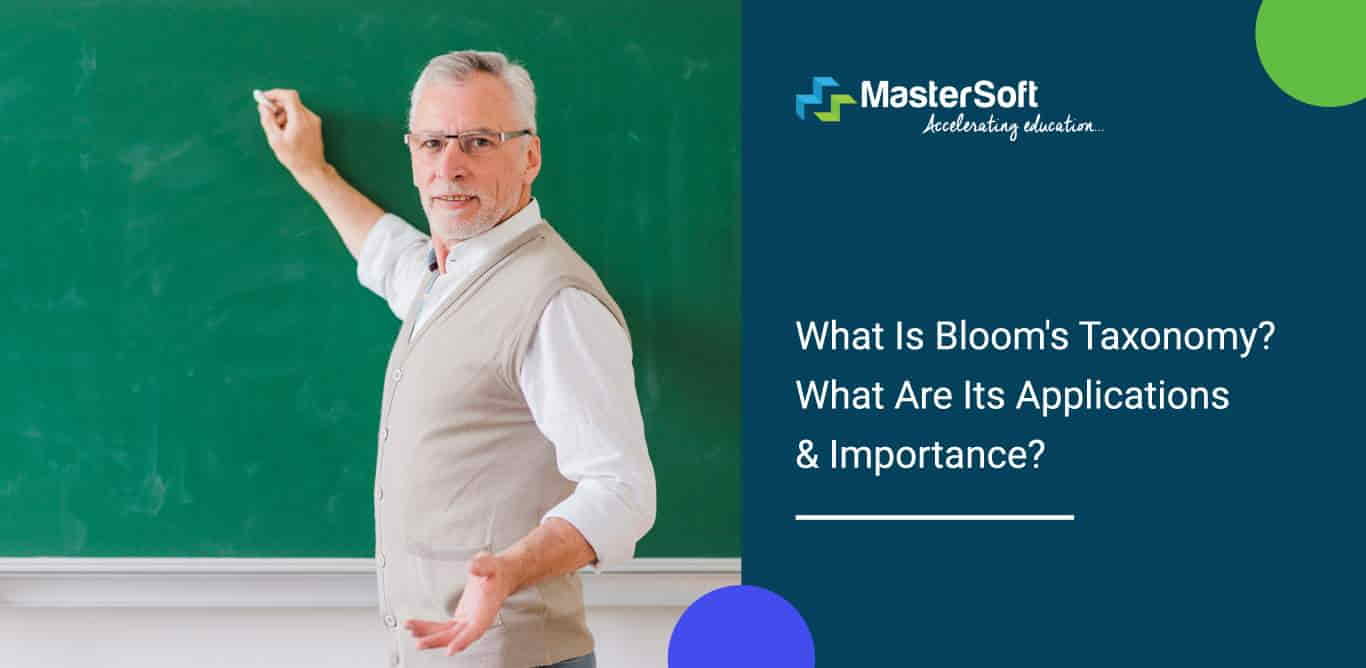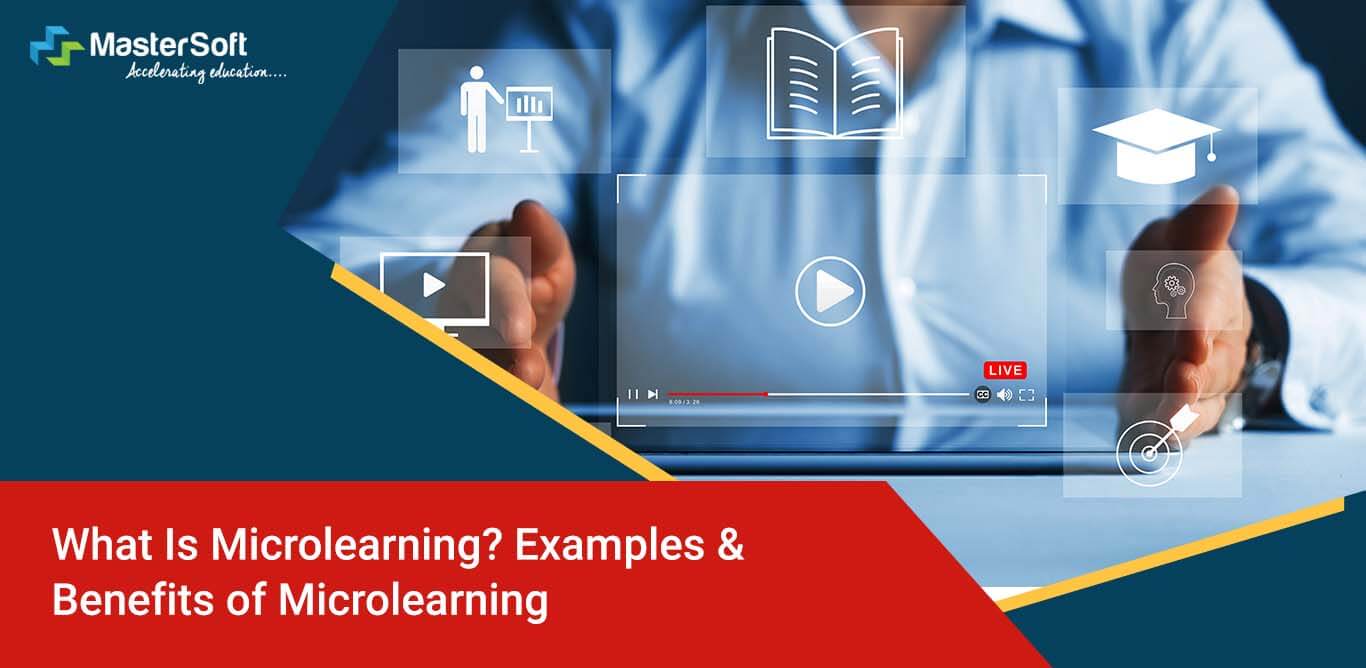Updated On 03, Feb 2025
What defines effective learning? Is it the ability to memorise facts and write accurate answers during examinations? No, learning must go beyond passive information absorption, wherein students must actively participate in various kinds of activities, promoting personal growth and deeper understanding.
Educators can implement unique pedagogies that inculcate metacognition in education, which enables students to think critically. It breaks away from the traditional education system and establishes a student-centric learning environment.
What is Metacognition in Learning?
Metacognition refers to a person’s self-awareness and understanding of his or her thought processes and the ability to analyse them. Metacognition allows learners to identify and evaluate problems and evaluate problem-solving strategies.
It is a higher-order thinking skill that encompasses self-regulation, encouraging individuals to break down complex issues into smaller manageable tasks. Metacognitive strategies contribute a sense of self-reliance; therefore, students can take ownership of their learning.
In stark contrast to the traditional education system, metacognition in education facilitates student autonomy and self-introspection opportunities.
What Is Cognitive Learning Theory? Strategies & Benefits Of Cognitive Theory?
Types of Metacognition
Metacognition has been classified into different categories, but the following two are the primary examples:
Metacognitive Knowledge
Metacognitive knowledge is the inherent awareness of one’s strengths and weaknesses in the context of learning habits. As a result, individuals become capable enough to determine their problem areas and choose a learning method accordingly.
For instance, they can explore various study techniques, helping to conclude a preferred learning style (visual, auditory, or kinaesthetic) and problem-solving methods.
Metacognitive Regulation
Metacognitive regulation refers to a person’s effective management of cognitive processes throughout the learning process. Some of the critical components of metacognitive regulation include establishing learning goals and objectives, determining suitable approaches depending on available resources, etc.
Furthermore, it also includes evaluating whether the ongoing strategies are effective or not and determining the problem areas. Simultaneously, it lays equal emphasis on making necessary adjustments and assessing the learning process and outcomes.
Examples of Metacognition
Some of the in-class activities that teachers can implement for various subjects are as follows:
- During mathematics class, teachers can assess the metacognitive focus of all students by asking students to explain their reasoning and justify their solutions. Likewise, they can ask to point out the correct response to a mathematical problem out of a series of incorrect ones.
- In the English literature or language class, students can write short or long descriptive essays.
- Create a dynamic learning environment, urging students to ask questions and clarify doubts.
- Emphasise the words that students often use in presentations, debates, and discussions to describe their perspectives.
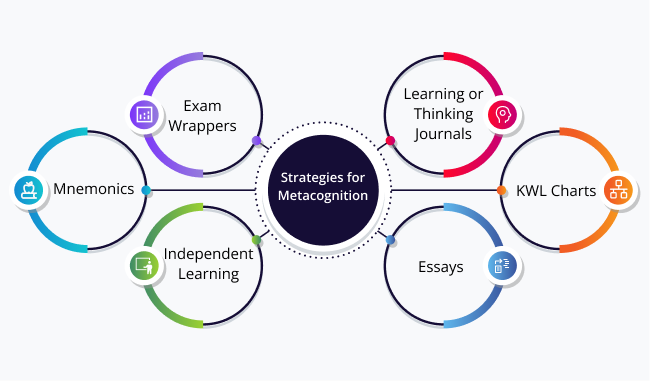
Strategies for Metacognition
Educators can employ several creative strategies to foster metacognition in students, some of which are as follows:
1. Learning or Thinking Journals
Keeping a personal journal or diary has always been a hobby, but leveraging it in the learning process can make it a useful tool for self-introspection. Students can use it towards the end of each day or week and recall their overall week.
They can include questions, queries, personal achievements, and recurrent issues that they have been facing for quite some time. Teachers must provide clear guidelines, ensuring that the diary entries include honest reflections, specific examples, and action plans.
Sample Questions:
- Which topics were the most difficult to understand? Why?
- Which topics were easy to understand?
- In which classwork or home task did I utilise a new learning method?
- What is the total time that I took to complete an assignment or project?
- Are there any alternative strategies that I could have used to tackle the issue?
- On a scale of one to ten, how do I rate my preparedness for the upcoming exams?
Students can use mobile applications and mind maps apart from diaries and notebooks for thinking or learning journals.
2. KWL Charts
A KWL chart is a visual or graphic organiser that proves to be an effective metacognitive tool, enabling students to streamline their learning in the following ways:
- K (Know) - The K component of the chart deals with the student’s prior or existing knowledge about a particular topic. In effect, it helps them to relate new information to their previous understanding.
- W (Want to Know) - The 'want to know' component caters to students’ questions about specific topics. Therefore, it provides an opportunity for them to identify the knowledge gaps and establish learning goals.
- L (Learnt) - The learnt column has been specially created for students to reflect upon whatever they have learnt so far. They can self-assess and find out the problem areas that require further clarification.
3. Essays
Descriptive essays are a great medium to assess students’ knowledge and understanding levels while giving insights into individualised ideas and opinions. Furthermore, it becomes a useful assessment tool as it requires students to utilise analytical thinking to pinpoint critical ideas and arrange their arguments accordingly.
What’s more, students can conduct proper research and fact-checking to back their claims and write well-thought-out and informative essays.
4. Independent Learning
Teachers play the role of mediator and facilitator in the context of metacognition in education and establish a student-centred learning environment. They can plan and conduct the following methodologies:
- Inquiry-Based Learning: In this educational approach, teachers can present a problem or topic and ask students to find relevant answers and solutions. For example, they can conduct design thinking challenges, wherein students can search for or create a solution for a real-world problem.
- Project-Based Learning: Students can work on projects that have real-world relevance and demand in-depth exploration. For example, they can create a blueprint for an eco-friendly waste disposal system.
- Brainstorming Sessions - Students can engage in individual or group brainstorming sessions, allowing them to explore various ideas.
The Metacognitive Advantage: Elevating Your Thinking Skills
5. Mnemonics
Although rote memorisation has little value in the scope of lifelong and practical learning, it still has its application, especially in the case of remembering formulas, dates, etc. Mnemonics is a useful tool that acts as a memory aid, enabling individuals to retain and recall information.
Examples:
- ACRONYMS - Use a phrase or sentence wherein the first letters of the words can relate to a list of items. Example: "My Very Educated Mother Just Served Us Nachos" (Mars, Venus, Earth, Mercury, Jupiter, Saturn, Uranus, Neptune).
- Breakdown Method - Breaking down or dividing information into small, manageable chunks helps to simplify complex issues.
6. Exam Wrappers
Developing effective preparation techniques is key to succeeding in examinations; that is where teachers can encourage students to create exam wrappers. Exam wrappers refer to specific activities that students can carry out before and after the assessments.
Reflection Questions:
- What strategies failed to contribute to the exam preparation?
- What are the main problem areas?
- Was the examination easy or difficult?
- Did I attain the learning goals?
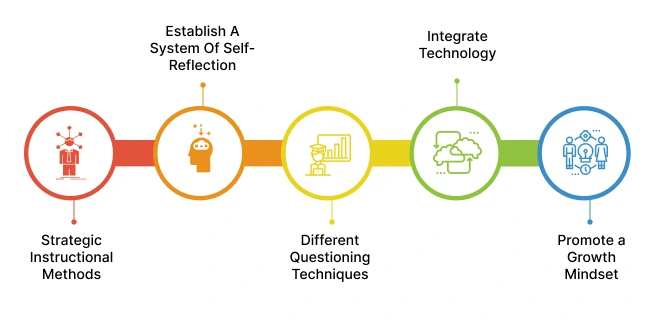
How To Implement Metacognition in the Classroom?
Metacognition is a significant skill that instills a sense of independence and enables students to understand their thought processes better. However, teachers must plan, monitor, and evaluate well-thought-out strategies, some of which are as follows:
Strategic Instructional Methods
Teachers can introduce crucial metacognition strategies like self-questioning, note-taking, summarising, etc. Also, they can provide practical examples of modelling the thinking process to work through a problem or task.
Establish a System of Self-Reflection
One of the key strategies of metacognition in education is establishing a self-reflection culture, wherein students can keep journals to reflect on their challenges, achievements, etc. Conducting group discussions is equally effective in reflecting on one’s thinking processes.
Different Questioning Techniques
Teachers can prioritise asking different kinds of questions, such as:
- How did you arrive at this conclusion?
- What strategies did you use to simplify the task?
- What caused confusion during the group activity?
Such questions can motivate students to think critically and explain their reasoning better.
Integrate Technology
Educators and students can leverage learning tools like learning management software or the student information system to access resources. For example, teachers can develop different assessments, while students can use online journaling apps and concept mapping tools.
Promote a Growth Mindset
Establish a safe and motivating learning environment, wherein students can feel comfortable voicing their opinions and taking risks. Encourage them to view mistakes as part of the learning process, helping to build a growth mindset.
Benefits of Metacognition in Education
- Including metacognitive strategies in education helps students identify ideal problem-solving approaches.
- It increases self-awareness, leading to better decision-making and personal growth.
- Educators can adapt metacognitive strategies according to the education levels (primary, secondary, higher education) and implement them.
- Metacognition enhances critical thinking, makes one aware of their thought processes, and makes them tolerant towards others.
Implement New Learning Approaches and Teaching Methods with MasterSoft
Mobile: 08448010216
Email:info@mastersofterp.com

